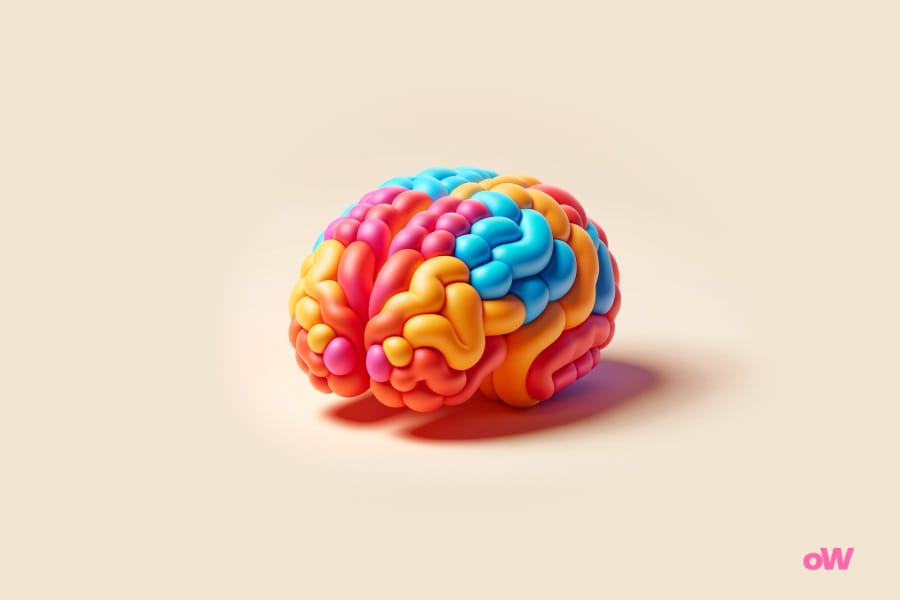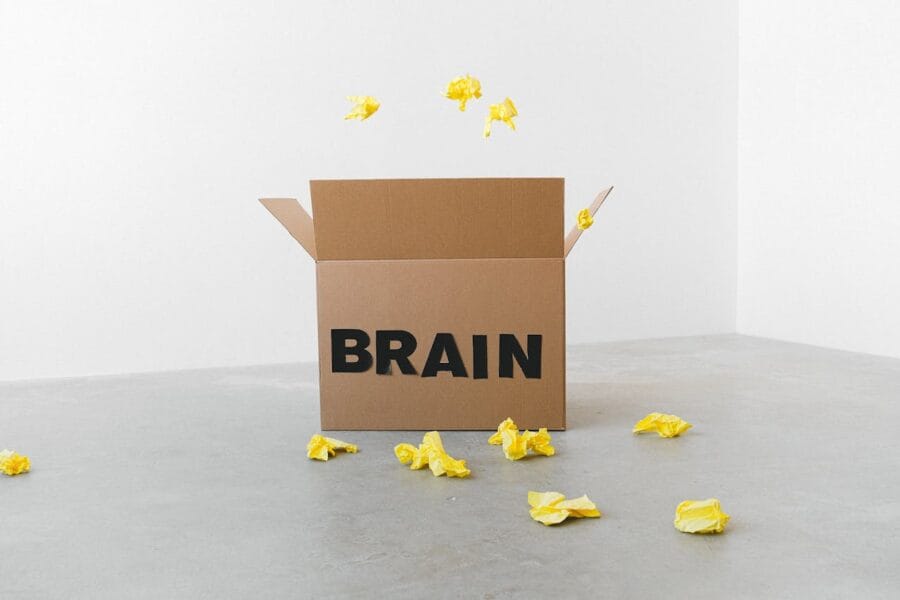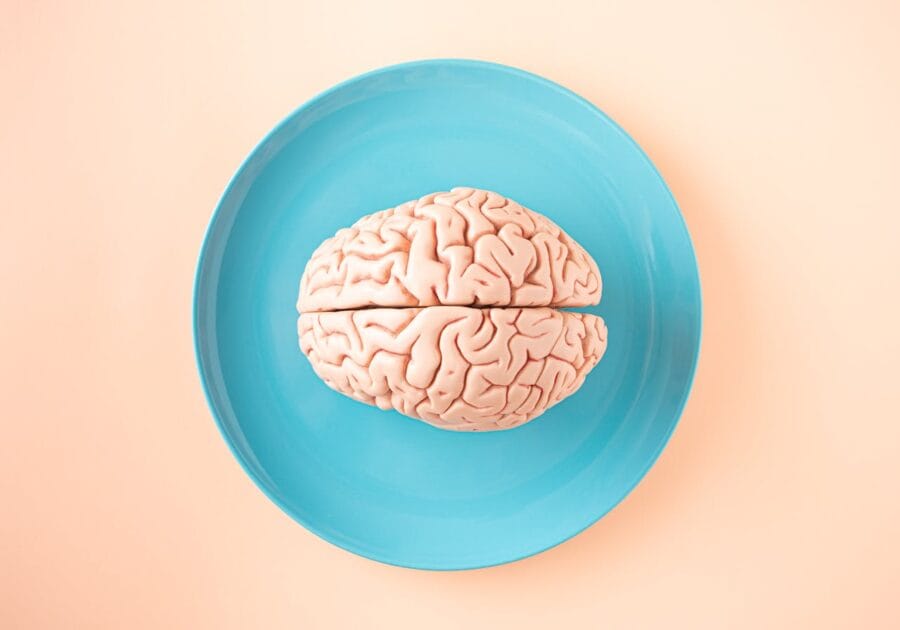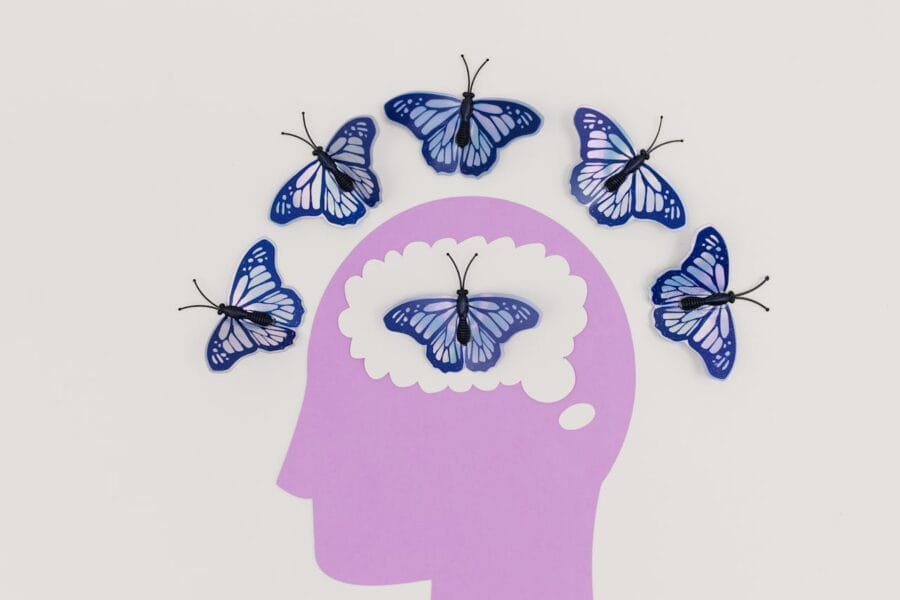Am I Smart Quiz: Wisdom, Wit, or Pure Luck?

It’s 3:00 AM. You’re sitting in front of your computer screen, your finger hovering over the “Start Test” button. Another sleepless night or a moment of truth? The “Am I Smart?” quiz promises to unveil the secret of your intelligence in just a few minutes. But is it really that simple? Let’s embark together on a journey through the labyrinth of the human mind and try to understand what truly lies behind the concept of being “smart.”
What Is “Smartness” and Why Do People Strive to Measure It With a Quiz?
The concept of “smartness” or intelligence is multifaceted and lacks a single definition. Traditionally, intelligence is understood as the ability to learn, understand, and solve problems. However, this definition only scratches the surface of this phenomenon. Intelligence encompasses the capacity for abstract thinking, learning, planning, emotional understanding, self-awareness, and even creativity.
People seek to measure their intelligence for various reasons. For some, it’s a means of self-affirmation; for others, a tool for self-discovery. Many hope that a high score on an intelligence test might open new opportunities in their career or education. However, it’s important to understand that quizzes and tests are merely tools that can provide an approximate assessment of some aspects of intelligence, but cannot capture its full complexity.
The History of Measuring Intelligence: The First IQ Tests
The history of intelligence measurement began in the early 20th century when French psychologist Alfred Binet developed the first test to determine children’s mental abilities. His goal was to identify students who needed additional help in learning. This test became the foundation for creating the Intelligence Quotient (IQ), which is still widely used today.
The significance of the first IQ tests cannot be overstated. They ushered in a new era in psychology and pedagogy, providing a tool for quantitative assessment of cognitive abilities. However, questions arose even then about how accurately these tests reflect a person’s real intelligence.

What Makes Us Smart?
From genetic predisposition to life experience, from education to environment – all these elements contribute to what we call “smartness.” Let’s take a closer look at the key aspects that define our intellectual abilities.
Genes Versus Experience: The Role of Both in Determining Intelligence
The debate about what influences intelligence more – genes or environment – has been ongoing for decades. Modern research shows that the truth, as usual, lies somewhere in the middle. Genetics indeed plays an important role in shaping basic intellectual potential. Some people are born with a predisposition to faster information assimilation or more efficient data processing.
However, it would be a mistake to underestimate the influence of environment and personal experience. Education, a stimulating environment, diverse experiences – all these can significantly enhance a person’s intellectual abilities. Moreover, modern science speaks of neuroplasticity – the brain’s ability to change and adapt throughout life. This means that even in adulthood, we can develop our intelligence through learning and new experiences.
Interestingly, the interaction between genes and environment is not linear. There’s a phenomenon known as epigenetics, where external factors can influence gene expression, that is, how they manifest. Thus, even a genetic predisposition to a certain level of intelligence can be modified under environmental influences.

Various Types of Intelligence: Logical, Emotional, Creative, and Others
The traditional view of intelligence is often limited to logical thinking and the ability to solve abstract problems. However, modern psychology recognizes the existence of multiple types of intelligence. Howard Gardner, an American psychologist, proposed the theory of multiple intelligences, which includes eight types:
- Linguistic intelligence (language ability)
- Logical-mathematical intelligence
- Spatial intelligence (ability to visualize and think in three dimensions)
- Musical intelligence
- Bodily-kinesthetic intelligence (control over body movements)
- Interpersonal intelligence (ability to understand other people)
- Intrapersonal intelligence (self-understanding)
- Naturalistic intelligence (ability to recognize and classify natural phenomena)
Furthermore, in recent decades, more attention has been paid to emotional intelligence – the ability to understand and manage one’s own and others’ emotions. Research shows that high emotional intelligence is often more important for success in life and career than traditional IQ.
Creative intelligence, or creativity, is also recognized as an important form of mental ability. It’s the capacity to generate new ideas, find non-standard solutions to problems, and create something original. Interestingly, creativity often doesn’t correlate with high IQ, which once again underscores the limitations of traditional intelligence tests.
Tips for Improving Intellectual Abilities
The good news is that intelligence can be developed throughout life. Here are some scientifically-based tips for improving mental abilities:
- Continuous learning: Regularly learn something new. It could be a foreign language, a musical instrument, or a new professional skill. Learning creates new neural connections in the brain, increasing its plasticity.
- Physical exercise: Regular physical activity improves blood flow to the brain and stimulates the production of neurotrophic factors that promote neuron growth.
- Healthy sleep: During sleep, the brain consolidates information and clears toxins. Lack of sleep can seriously impair cognitive functions.
- Diverse reading: Reading, especially works of different genres and on various topics, stimulates the brain and broadens horizons.
- Meditation and mindfulness: Research shows that regular meditation can improve concentration and cognitive flexibility.
- Social interaction: Communicating with different people, discussing ideas, and participating in debates stimulates the brain and develops emotional intelligence.
- Solving puzzles and games: Crosswords, Sudoku, chess, and other intellectual games help keep the brain in good shape.
- Creative activities: Drawing, writing, music, or any other creative pursuit develops creativity and non-standard thinking.
- Healthy diet: A diet rich in omega-3 fatty acids, antioxidants, and B vitamins can support brain health.
- Stress management: Chronic stress negatively affects cognitive functions. Learn to manage stress through relaxation, hobbies, or psychotherapy.

Conclusion
The question “How smart am I?” is much more complex than it might seem at first glance. Intelligence is a multifaceted phenomenon that cannot be fully measured by a single test or quiz. Each of us possesses a unique combination of different types of intelligence, and our “smartness” manifests differently in various situations.
Instead of fixating on an IQ number or an online test result, it’s worth focusing on constantly developing your cognitive abilities. Remember that intelligence is not a fixed quantity, but a dynamic characteristic that can be improved throughout life.
Quizzes can be a fun way to test some aspects of your mental abilities, but they don’t determine your value as a person or your potential for success. Real “smartness” is manifested in the ability to adapt to new situations, solve real-life problems, and constantly learn.
So the next time you want to take the “Am I Smart?” test, remember: the very fact that you’re asking this question and striving for self-knowledge already speaks to your intelligence and desire for growth. And that, perhaps, is the most important manifestation of intelligence.
Questions Overview
- Try to guess its meaning from roots and sound similarities
- Look for its etymology and origin story
- Come up with your own version of its meaning
- Explore its connections with other languages and concepts
- Predicting the movie's ending in the first 15 minutes
- Finding logical errors in the plot
- Creating alternative endings
- Seeing hidden symbols and references
- Get it immediately
- Analyze why it's supposed to be funny
- Think of ways to make it even funnier
- Find deeper meaning in it
- Quickly 'switch' between different images
- Try to understand the mechanism of visual deception
- Look for new ways to see it
- Contemplate the nature of perception
- Recreate the situation to remember
- Methodically go through possible options
- Look for unexpected associations
- Analyze why you forgot this particular thing
- Count sheep or use other simple techniques
- Analyze the causes of insomnia
- Invent new ways to fall asleep
- Use the time for deep reflection
- Intuitively understand how it works
- Study each part separately
- Imagine how it could be improved
- Reflect on the principles behind its creation
- Try to catch the moment of deception
- Break down the trick into components
- Come up with your own versions of performance
- Contemplate the nature of perceptual illusions
- Immediately identify all instruments
- Analyze the composition's structure
- Imagine unusual visual images
- Detect hidden musical themes
- Accurately guess when they'll arrive
- Calculate possible reasons for delay
- Come up with unusual excuses
- Reflect on the nature of punctuality
- Quickly find the solution without knowing how
- Apply known solving algorithms
- Devise your unique method
- Look for patterns between different puzzles
- Show by your own example
- Break down the skill into components
- Create unexpected analogies
- Explain underlying principles
- Quickly find familiar shapes
- Study their structure and movement
- See unusual and complex images
- Notice rare atmospheric phenomena
- Rejoice and use it
- Check why it works
- Try to find an even more unusual solution
- Look for patterns in how solutions emerge
- Remember details and sensations
- Search for reasons why it repeats
- Try to change the plot while dreaming
- Analyze its symbolic meaning





